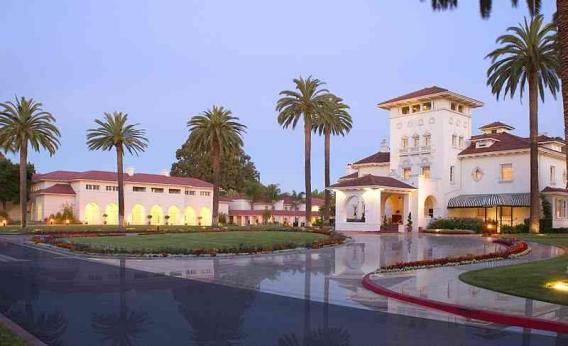Richard Florida collaborated with Charlotte Mellander on an excellent analysis of the interplay between wages and “the cost of living” which shows that among U.S. metro areas not only is income correlated with housing costs, but the association is so strong that wages minus housing costs is positively correlated with housing costs (I wish they’d looked at income rather than wages, though, since the existence of adequate labor demand is a relevant issue here I think). Their chart illustrating that this is the case is a fancy infographic that I can’t seem to embed while sitting on an airplane but they’ve got the goods.
This is not a super-surprising point from the standpoint of urban economic theory, but it nicely underscores the empirical point that people in the Bay Area, the DC area, New York, and Boston really are richer than people in Tucson and Akron it’s not all given back in higher housing costs. That also illustrates the point I’d like to see more forced onto the nationa agenda, namely that while the cost of housing may be annoying to the people who do live in the high cost areas the victims are the people who don’t live there. A very large cross section of Americans with all different kinds of skillsets would benefit economically from participating in the Bay Area labor market. But some people have specialized skillsets that lead them to benefit disproportionately from access to said market. Since Bay Area housing costs are exorbitant, only those people who super-duper benefit from access move there (on net) and they come out ahead notwisthstanding the high cost of housing. But if houses were cheaper, a much larger broader set of people would be able to benefit from Silicon Valley prosperity and the Bosnywash axis.
